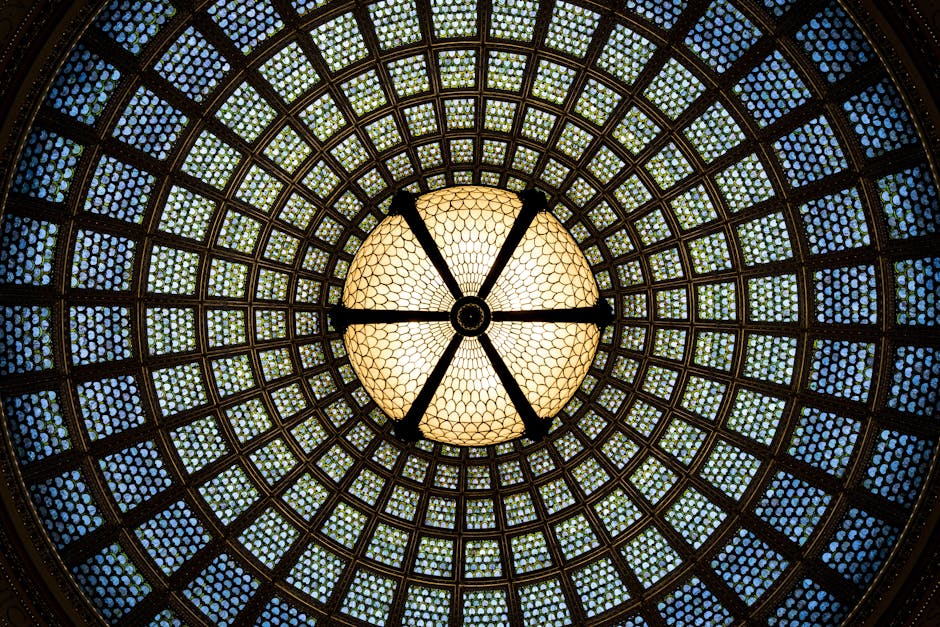
Beyond the Canvas: Abstract Art as a Symbol of Cultural Revolution
Abstract art, with its unique ability to convey emotions and ideas beyond visual representation, has served as a powerful symbol of cultural revolution throughout history. From the avant-garde movements of the early 20th century to the present day, abstract artists have challenged traditional notions of art, pushing boundaries and sparking social change.
One of the key aspects of abstract art is its ability to transcend literal interpretation. By abandoning realistic depictions, artists have been able to tap into the depths of the human experience, exploring themes of identity, freedom, and social justice. Through the use of shape, color, and texture, abstract artists communicate their innermost thoughts and feelings, inviting viewers to engage in a deeper introspection.
During the early 20th century, abstract art emerged as a radical departure from the traditional forms of artistic expression. Artists like Wassily Kandinsky and Piet Mondrian sought to break away from the constraints of representational art, seeking a universal language of form and color. Their works, often devoid of recognizable subjects, challenged viewers to question the very nature of art itself, and by extension, the social structures that governed society.
As societal norms continued to evolve, abstract art became a conduit for cultural revolution. Abstract expressionism, a movement that reached its peak in the post-World War II era, embodied the rebellious spirit of the time. Artists like Jackson Pollock and Willem de Kooning rejected traditional techniques in favor of a more spontaneous and intuitive approach. Their works, characterized by gestural brushstrokes and vibrant colors, tapped into the subconscious and the realm of emotions. It was a revolutionary form of self-expression that mirrored the changing societal landscape.
Fast forward to the present day, and abstract art continues to captivate audiences with its ability to challenge and provoke. As social and political issues take center stage, artists use abstraction to address the complexities of the modern world. Whether it's exploring themes of climate change, gender equality, or racial injustice, abstract art offers a platform for dialogue and reflection.
In conclusion, abstract art has played a significant role in shaping cultural revolutions throughout history. Its ability to push boundaries, challenge conventions, and provoke thought has made it a vital tool for artists seeking to effect change. By transcending literal interpretation, abstract artists have invited viewers on a journey of self-discovery and societal reflection. As we continue to navigate an ever-changing world, abstract art will undoubtedly remain a powerful symbol of cultural revolution.

